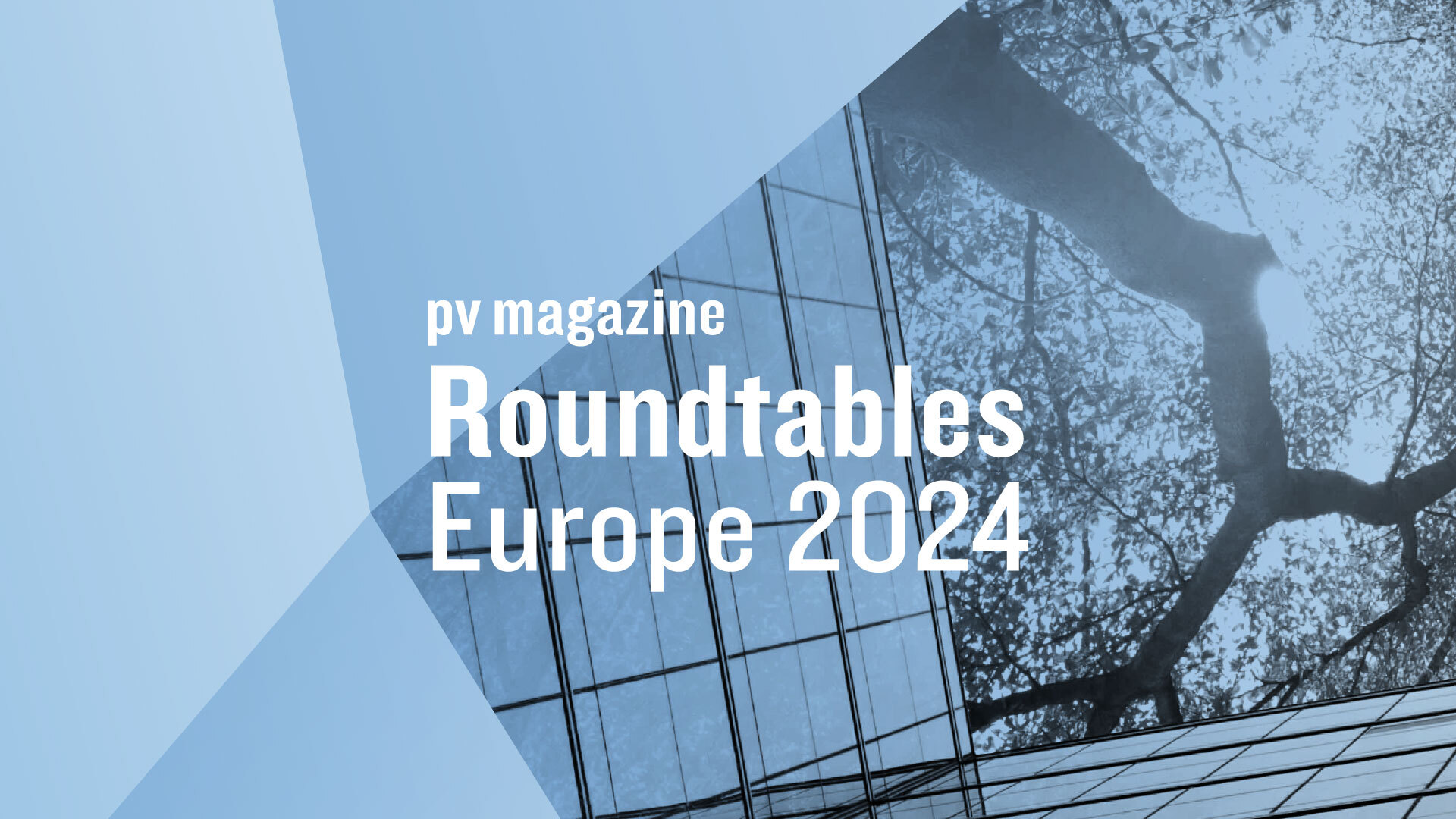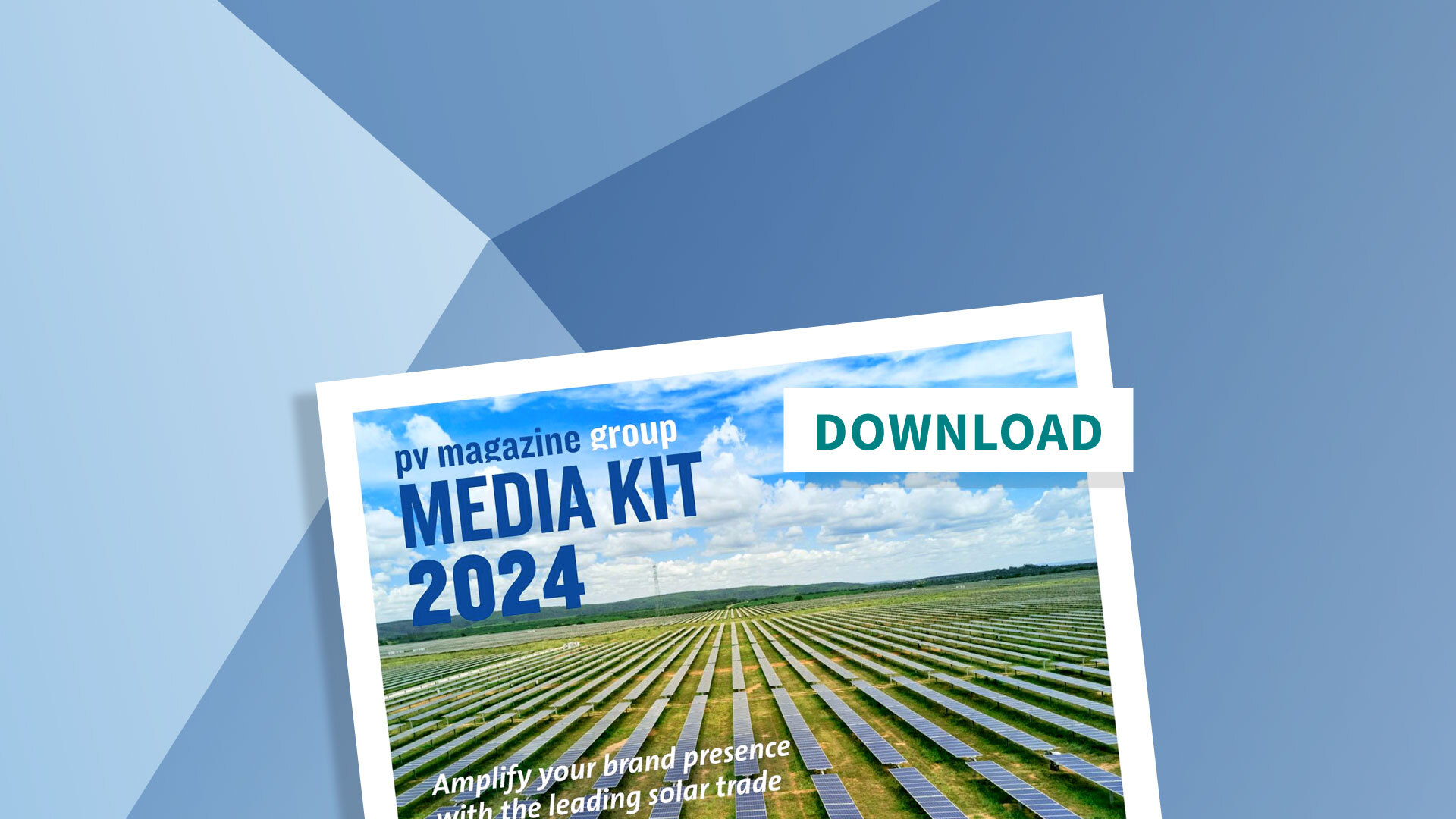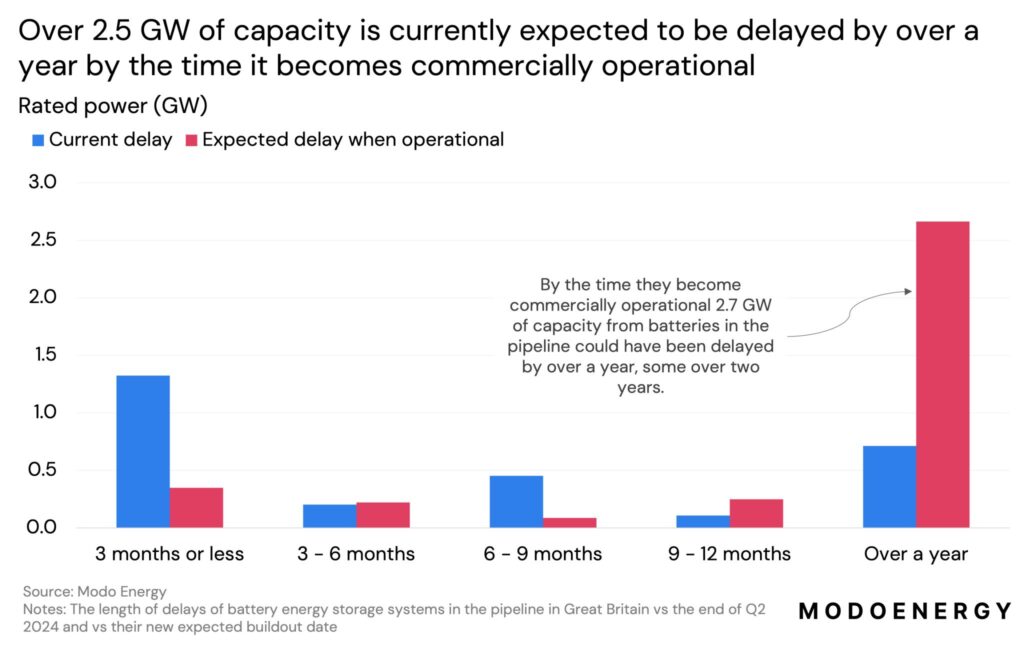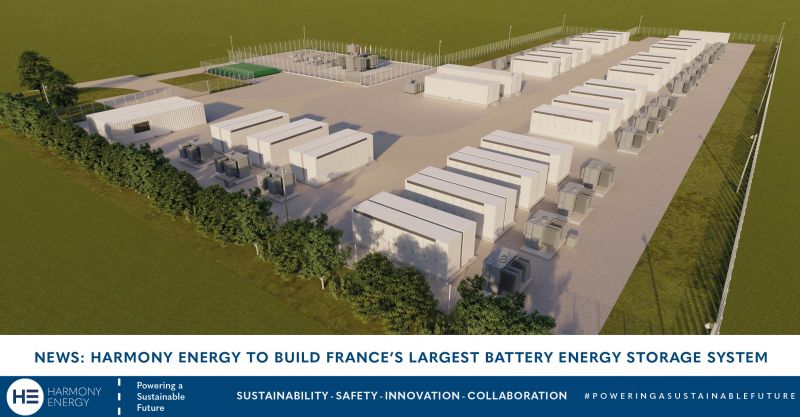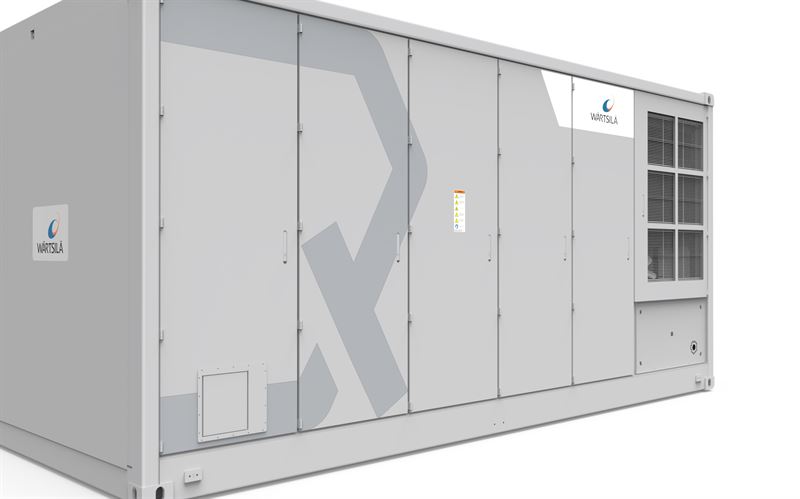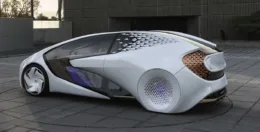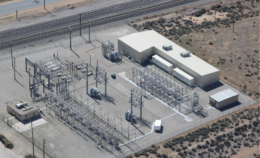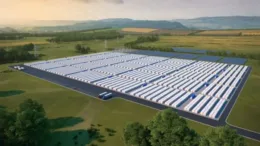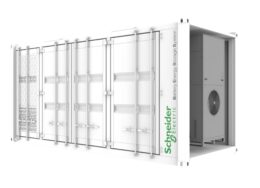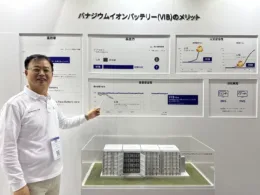SVOLT abandons plans to open battery factory in Germany
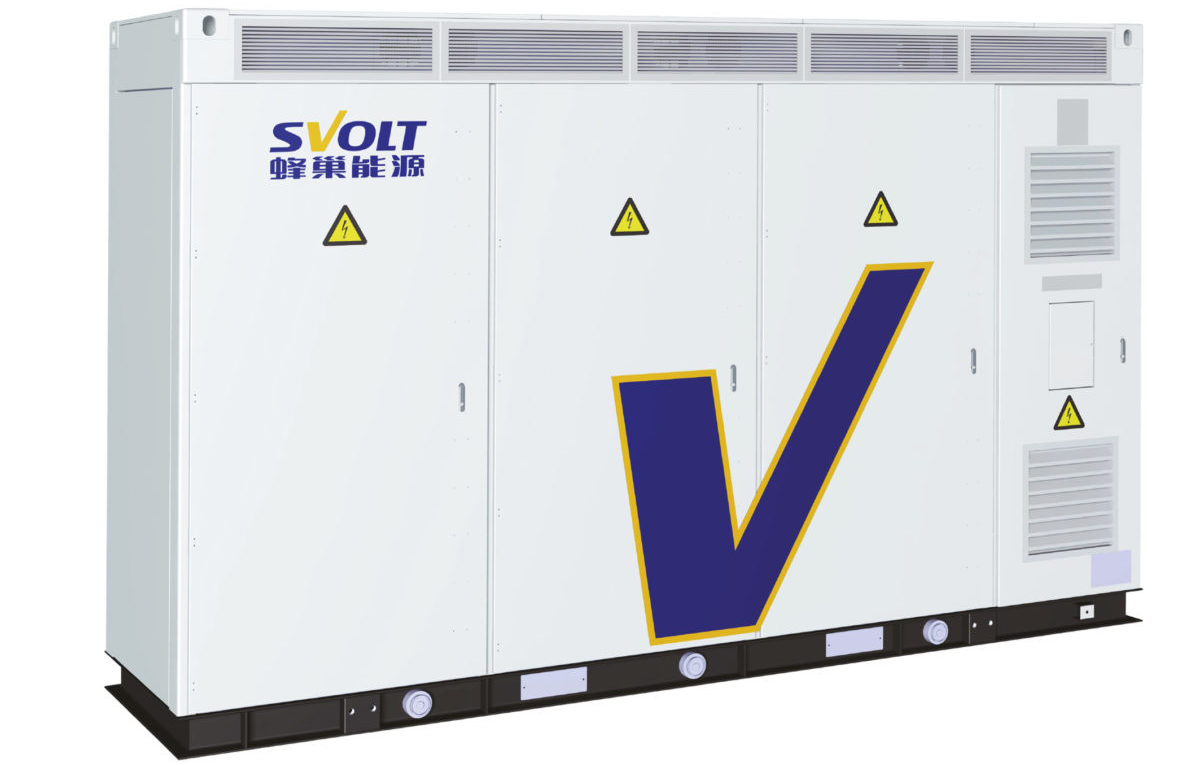
Chinese battery maker SVOLT had plans in place to set up two manufacturing facilities in Germany but has now reassessed its location strategy. With that, it has also announced a stronger focus on catering to stationary storage demand in Europe in response to current market developments.
As reasons for the move, the company cited the current highly volatile automotive market, the current lack of planning and legal certainty for the construction of production facilities, and the fact that an extensive customer project will not be realized as planned.
“The automotive market is currently struggling with considerable fluctuations and challenges all over the world, mainly driven by the transformation to electric mobility,” says Kai-Uwe Wollenhaupt, President SVOLT Europe & Senior Vice President of SVOLT Energy Technology Company Ltd. “This is leading to some drastic strategy adjustments for some car manufacturers.”
Wollenhaupt further explained that “in addition to already low planning certainty at various levels — from the threat of international punitive tariffs to market distortions due to lengthy and unevenly distributed subsidies,” SVOLT has also lost a significant customer project. Finally, the renewed discussions about the end of combustion engines in the EU are also having a counterproductive effect.
SVOLT announced in September 2022 that it would build a factory with an annual production capacity of 16 GWh about 150 kilometres south of Berlin. The site was previously used by Vestas to manufacture blades for wind turbines. The start of production was expected at the beginning of 2025.
To date, SVOLT has already invested in the repurposing work on the existing buildings and the installation of the battery manufacturing systems, although it has not revealed the amount.
In its latest press release, the company has also stated that there has been no change to its plans to establish a production plant in Heusweiler, Saarland, in southwest Germany. This was planned to be SVOLT’s first European factory. Originally, the facility was slated to be up and running by the end of 2023, but construction has been repeatedly delayed.
Planning uncertainty is again holding back progress. “The Überherrn municipal council’s resolution is still awaiting approval from the responsible ministry. In other words, planning permission has not yet been granted,” the company says. “In addition, lawsuits against the construction project have already been announced … As soon as there is legal certainty, the next step is the final economic feasibility study. SVOLT Europe estimates that this process will still take some time.”
In addition to the location strategy, SVOLT also reassessed its sales focus. The company wants to concentrate “on business areas in which standardized batteries and their systems can be used, which are more easily scalable and quicker to implement.” That includes batteries for commercial vehicles, stationary energy storage systems and their battery cells, and applications in the non-automotive sector.
“While the aim of the sales expansion is diversifying its product portfolio, SVOLT also has the goal of being able to meet the already high demand for high-quality energy storage solutions outside of the passenger car sector in a more agile manner,” the company says. This should ensure greater resilience and help SVOLT Europe become more future proof.
“We continue to see ourselves as an innovation partner to the automotive industry. However, the current market situation suggests diversification to secure our economic future in the medium term,” says Wollenhaupt. “This is a decisive step towards becoming more resilient to market fluctuations and, at the same time, making a significant contribution to the global energy transition.”



